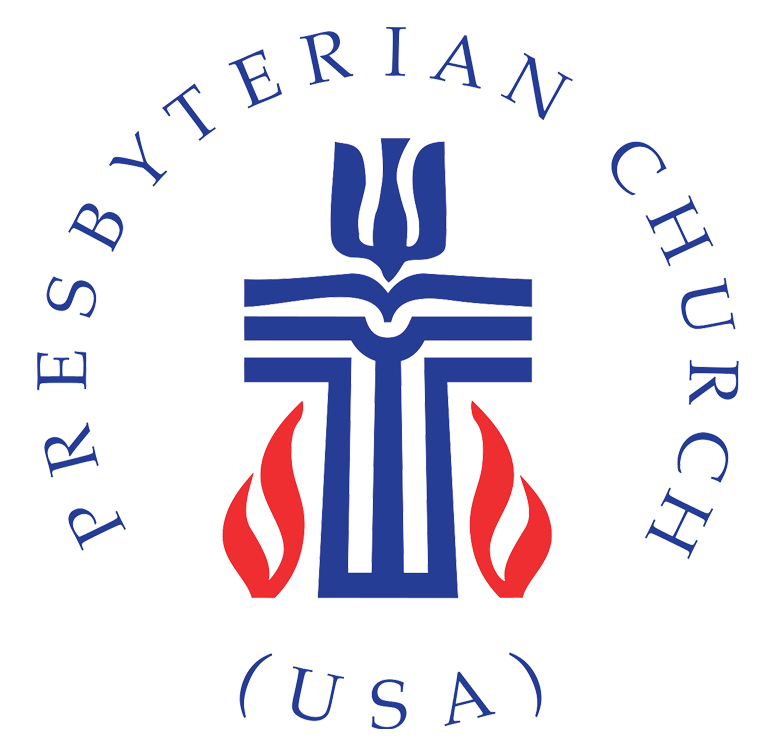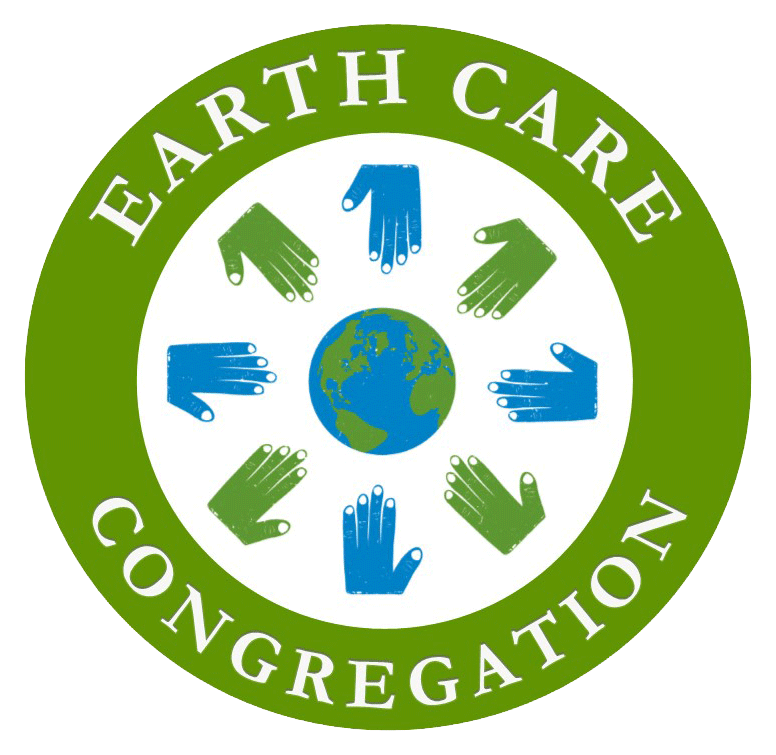Date: June 23, 2019
Scriptures: Isaiah 65:1-9 | Luke 8:26-39
Prayer: Lord, save us on one side from our easy comfort – and on the other from any liberal guilt – that we might be aware and assume our share of responsibility of the dirty laundry piled high in the basement of our society.
That, in that awareness, we may discover your grace.
And in your grace, discover your peace.
Amen.
The Good News of Jesus, the Christ: “The kingdom of God is near – among us – at hand!” Call it the kingdom … or the kin-dom, realm, reign, commonwealth. Its nearness, in the harshest of times: the Good News.
And that Good News of Jesus, the Christ presumes some bad news all around us. Bad news. Else, the Good News would not be so good.
So let’s hear of some of the bad news for a moment. Let’s air out some national dirty laundry. And I want to begin with a rhetorical device I employed in a message here several years ago in a different context.
How many of you give a damn that we have the highest child poverty rate and the highest uninsured rate in the so-called developed world, and that we – less than five percent of the world’s population – consume roughly fifty percent of the world’s goods and account for fifty percent of world defense expenditures?
Now: How many of you were tempted to be disturbed more by the pastor saying “damn” than what I then shared of our national scandals of child poverty, the uninsured, promiscuous consumption and profligate war costs?
In our libertarian, go-it-alone, random-acts-of-kindness nation: morality is in … ethics is out. We are prone to be more concerned with negative epithets from an individual than we are with communal corruption.
Saying that, it serves the Good News to air out the bad news: our nation’s dirty laundry.
For like it or not, it’s a profoundly biblical thing for us to do.
If only we can see past the cosmology of the ancients, who claim their nation’s punishment will come from God.
The school of the prophet Isaiah, three centuries in the making, was not loath to present a punitive deity. In today’s scripture, Isaiah portrays God as saying, “‘Here I am, here I am,’ to a nation that did not call on my name … I will not keep silent, but I will repay; I will indeed repay into their laps their iniquities and their ancestors’ iniquities together, says the Lord.”
Ever hear of Jonathan Edwards, the great eighteenth century Reformed preacher and a star of America’s First Great Awakening? Arguably his most famous sermon – an American classic – was his “Sinners in the Hands of an Angry God.” A sermon so famous that the Puritan tradition from which it arose became associated with its harshness – versus a spirit of generosity we read about in our summer book discussion chapter on Reformation today.
But back to Jonathan Edwards. “Sinners in the Hands of Angry God” has got nothing on ol’ Isaiah!
But should it have something on us? Those loathsome national activities we are prone to place into the hands of an angry God – a God who will punish those we designate to be the culprits of those corruptions?
For when we step back from the ancient temptation to project the lesser angels of our nature onto the source of love divine, we begin to understand: God does not hold us accountable as a nation. We hold ourselves accountable as a nation – each of us, confessing our part. And we as people of faith especially must summon forth not God’s anger, but our own, to change things.
I hope no one of us wishes to believe that God will destroy us for any dirty laundry in our national hamper. Although I recall miscommunicating that once. Two decades ago, when sharing with children in a vacation Bible school several playful ways God is depicted in our world, I mentioned that one of those ways is as The Terminator.
I was referencing of course the figure of omnipotence found in the Arnold Schwarzenegger movies by that name – an omnipotence played out in theologies fundamentalist and evangelical. But what a couple of the children heard, of course, was that our one true God could be like The Terminator – and boy, did I catch it from their parents. For even to associate a perspective of God with a bazooka-toting vindicator: how that might mess with a little one’s mind.
Much as it, frankly, can mess with ours. For alas, many 21st century adults across our land read scripture literally and not seriously – and so they still do describe God as if God were the Terminator. And taken literally and not seriously: Isaiah seems on their side.
And if I were this prophet writing this – living 2500 years ago, when so many human emotions were cast upon the heavens as a giant projector screen: I might ascribe punitive anger to God as well for all the social dirty laundry about me. After all: If your tribe were struggling ’midst hostile superpowers to the west (Egypt), then northeast (Assyria), then east (Babylon), and then northwest (Greece, then Rome) … your God might be very angry, too.
And yet – as we understand psychodynamics today – we are called as people of faith not to project our anger onto a punishing God, but to join in with our anger to clean up our nation’s dirty laundry. For our source of destruction can only come from within. It will not come from a God from without.
Our source of destruction can only come from within. From within a consumptive, climate-destroying, health-care denying, child poverty-producing, nuclear weapons-hoarding, immigrant-crucifying nation. Our own destruction can only come from within. For we have met the enemy, and … you know the rest.
It’s our dirty laundry we must wash. It’s not ours for God to set a torch to.
So let us follow Isaiah’s lead – yet, in a radically accountable way. Let us take responsibility, feel free to get angry, and air our national dirty laundry. For it’s a profoundly biblical thing for us to do.
And yet, in that anger, let us remember: Donald Trump is not our punching bag – the Velcro for our sins. For this is our nation. It’s our dirty laundry we are airing. We share in all the iniquities of our nation.
We might cry out, “Not in our name!” “Not in our name!” Yet if and when we do, we deceive ourselves. We are strangers from the truth.
Speaking of truth: Jesus dares today to address a demon-possessed man – straight-up. In the face of evil, he has no time for games. “What is your name?” he asks the possessed man. The man answers, “ My name is Legion.”
There’s no mistaking what the word “Legion” means here. It is a highly specific Greek word for a division of the Roman imperial army.
And Legion here meets the same fate as Pharaoh’s army: swallowed up into a sea. Here, as a herd of swine: an apt vehicle of destruction to a Jewish Lord.
Jesus the destroyer – like God in Isaiah? Do we really believe this? Do we, like the evangelist Luke – like the prophet Isaiah – salve the wounds of our abused nation with some metaphorical flourishes that absolve us from accountability and drive the enemy off the cliff?
Or do we claim God’s punitive anger as our own? That it’s we who want to punish leaders of our nation – at least, those parties to corruption we think are the real cause?
Or do we go a faithful step further – now that we are honest about our anger – and claim our unavoidable part in creating our nation’s dirty laundry? And do we bring our anger – our passion – to bear in cleaning up the mess?
Let me close with these words from a comic strip frog named Pontius Puddle. Sitting on his lily pad, Pontius is chatting with a friend. “You know”, he says, “I would like to ask God why there is so much injustice in this world – so much unemployment, hunger, sickness, war.”
“Then why don’t you?” his friend replies.
“Because,” Pontius responds, “I’m afraid God would ask me the same question.”
Prayers of the People (intro)
You call us, O God, as a people of faith, to not be afraid. And part of not being afraid is not fearing what will happen when we air our nation’s dirty laundry.
Not because we are a better people.
But because we are an honest people.
Honest with our nation’s iniquities.
Honest with our role in them.
Honest that our lifestyles can no longer sustain themselves …
… on the backs of races and ethnicities who are redlined – without access to loans – without capital gains.
… on the backs of service workers serving our luxury apartments with no luxury stamped on their shoes.
… on the backs of the laborers we never meet in our North Atlantic travels:
cultivating our cheap coffee, cheap sugar, cheap oil.
You call us, O God, as a people of faith, to not be afraid to air our nation’s dirty laundry.
Not because we are a better people.
But because we are an honest people.
And to do it in love.
And to do it with anger …
All the while realizing that when the ancients put the anger against their nation into the mouth of their nation’s God, they were thirsting for the justice we all thirst to have.
As many of you know, I went to trial in 2002 with 36 others for protesting our longstanding crucifixion of our Latin American sisters and brothers. We went to trial because each of us had nonviolently trespassed onto the Ft. Benning, GA military reservation – all to call attention to our school that trained Latin American torturers on that soil.
In committing that misdemeanor trespass that led to three months in prison – yes, three months for a misdemeanor: the dirty laundry had been aired – (in committing that trespass,) we had made a commitment of faith. And that commitment of faith was twofold.
to claim our responsibility for our national evil by taking nonviolent action, and
to witness in anger when on the stand for that action.
And by acting nonviolently through the trespassing misdemeanor and speaking in anger in that federal courtroom for an entire week, 37 of us exposed what the prophet today says was a nation that did not call on God’s name.




